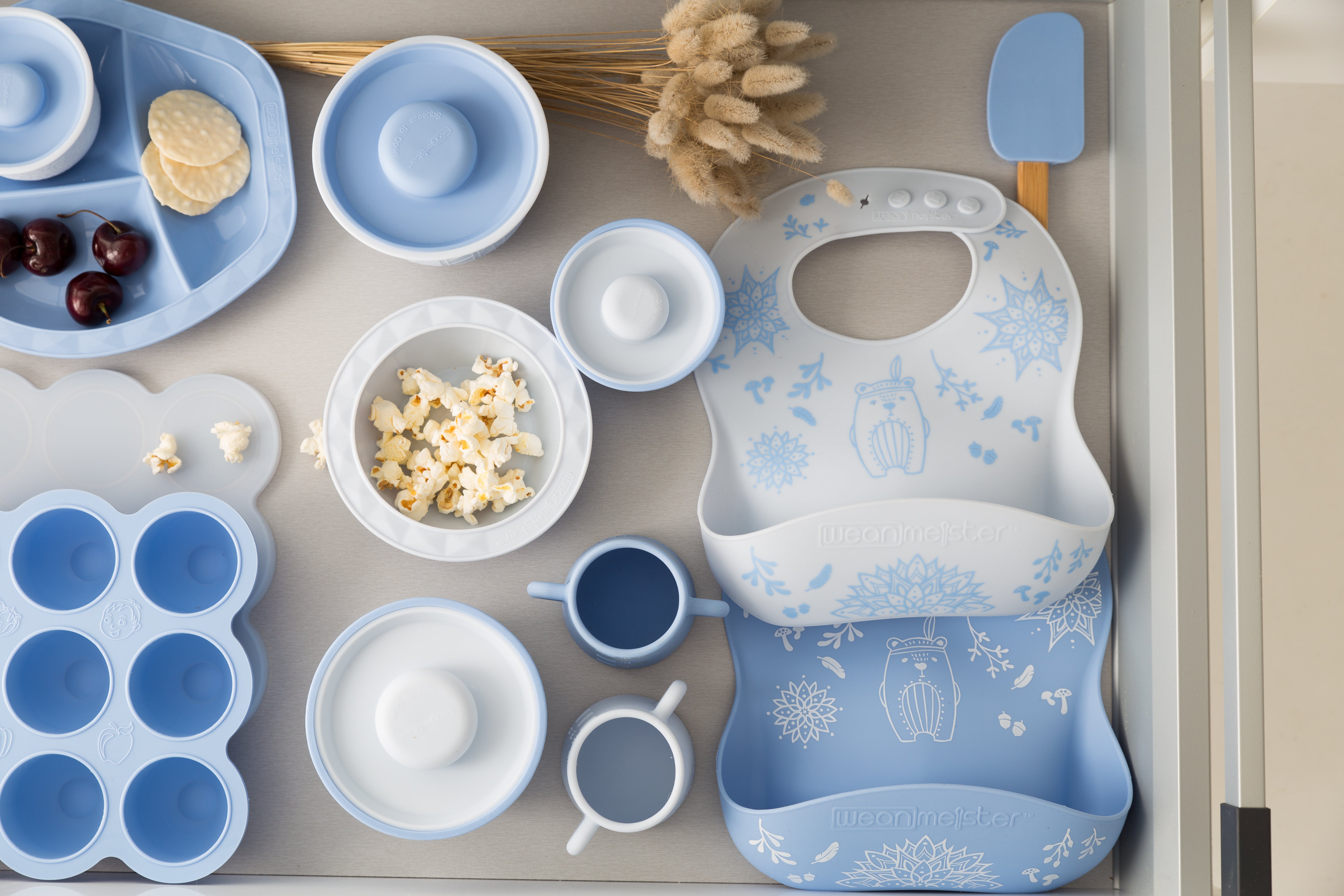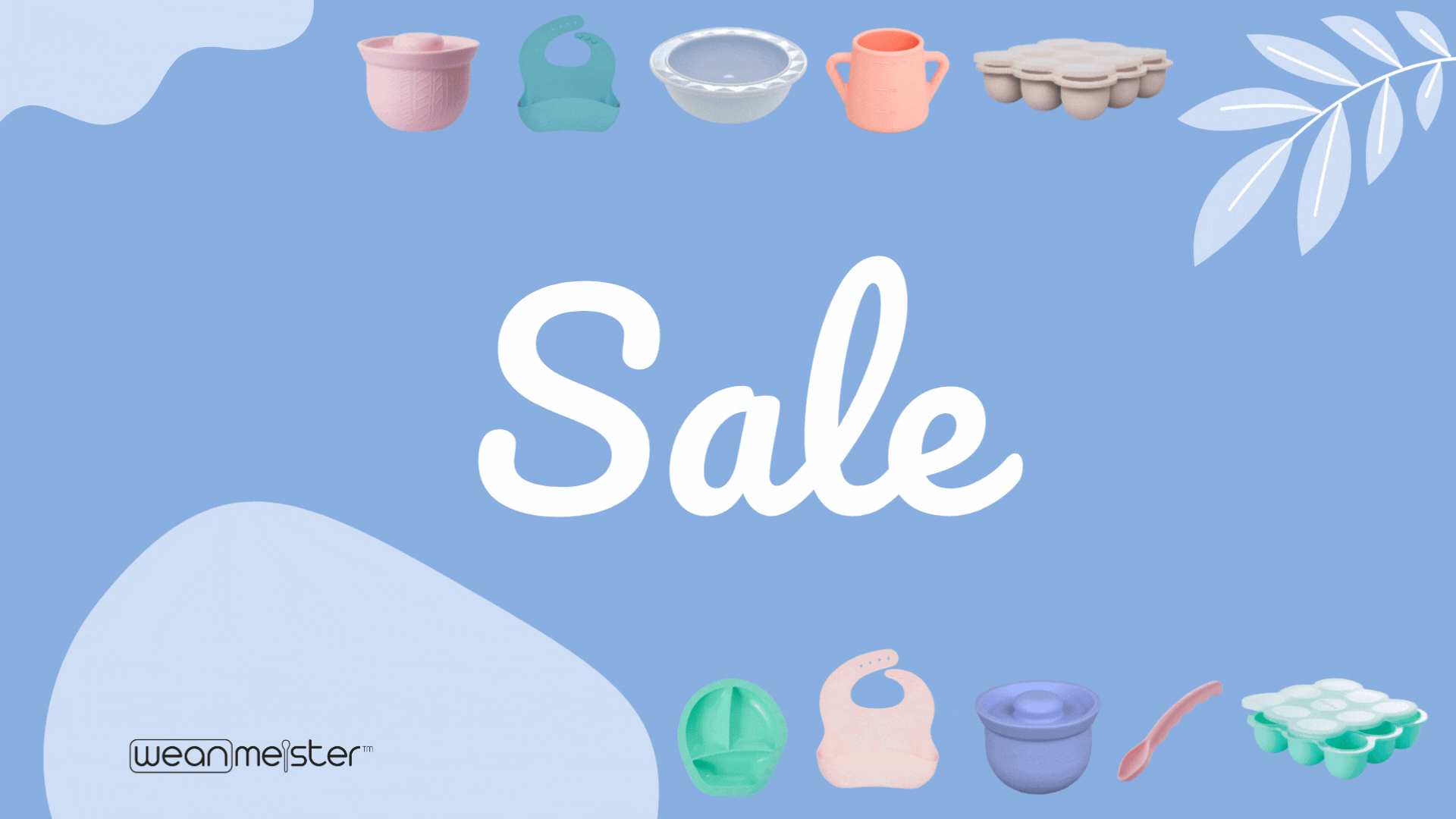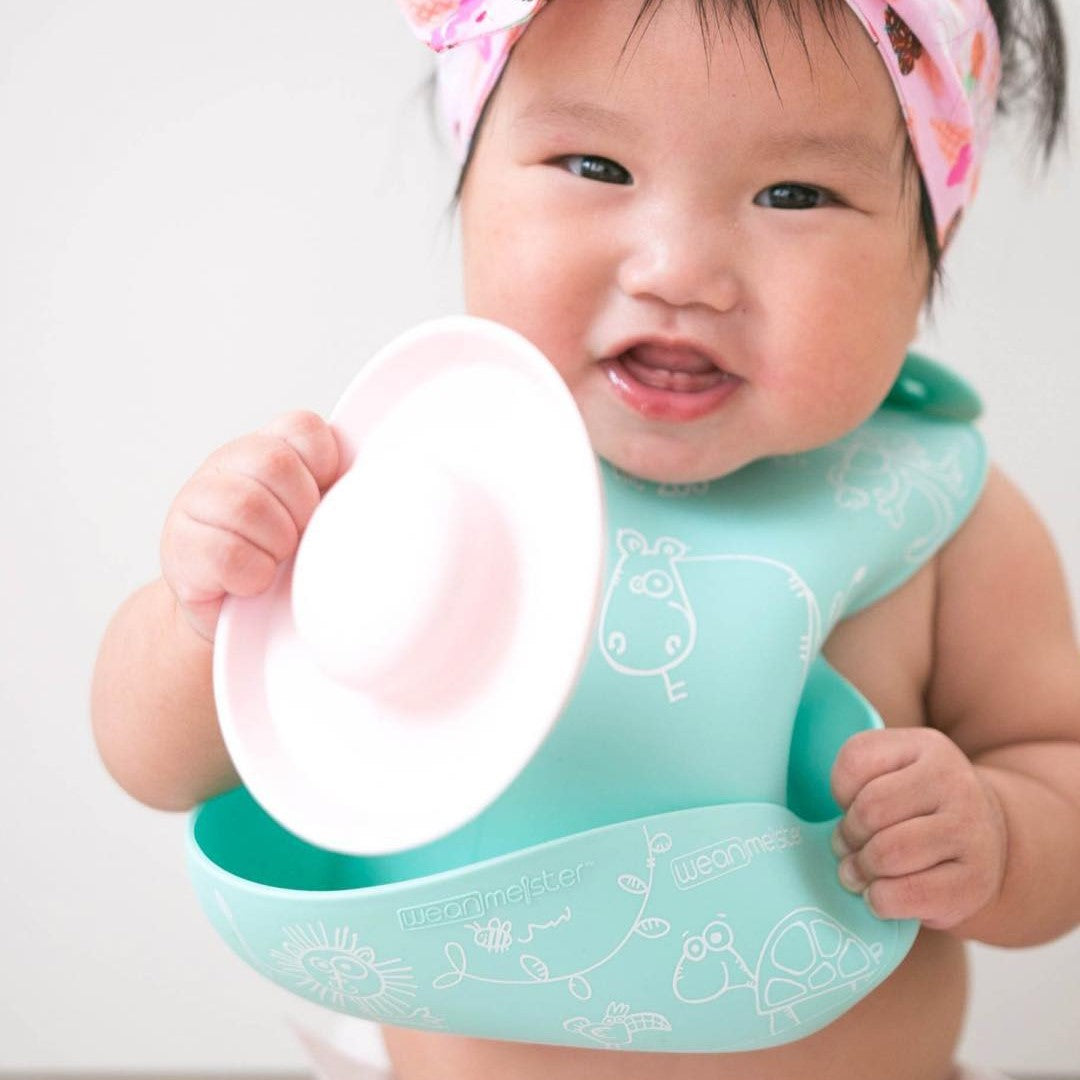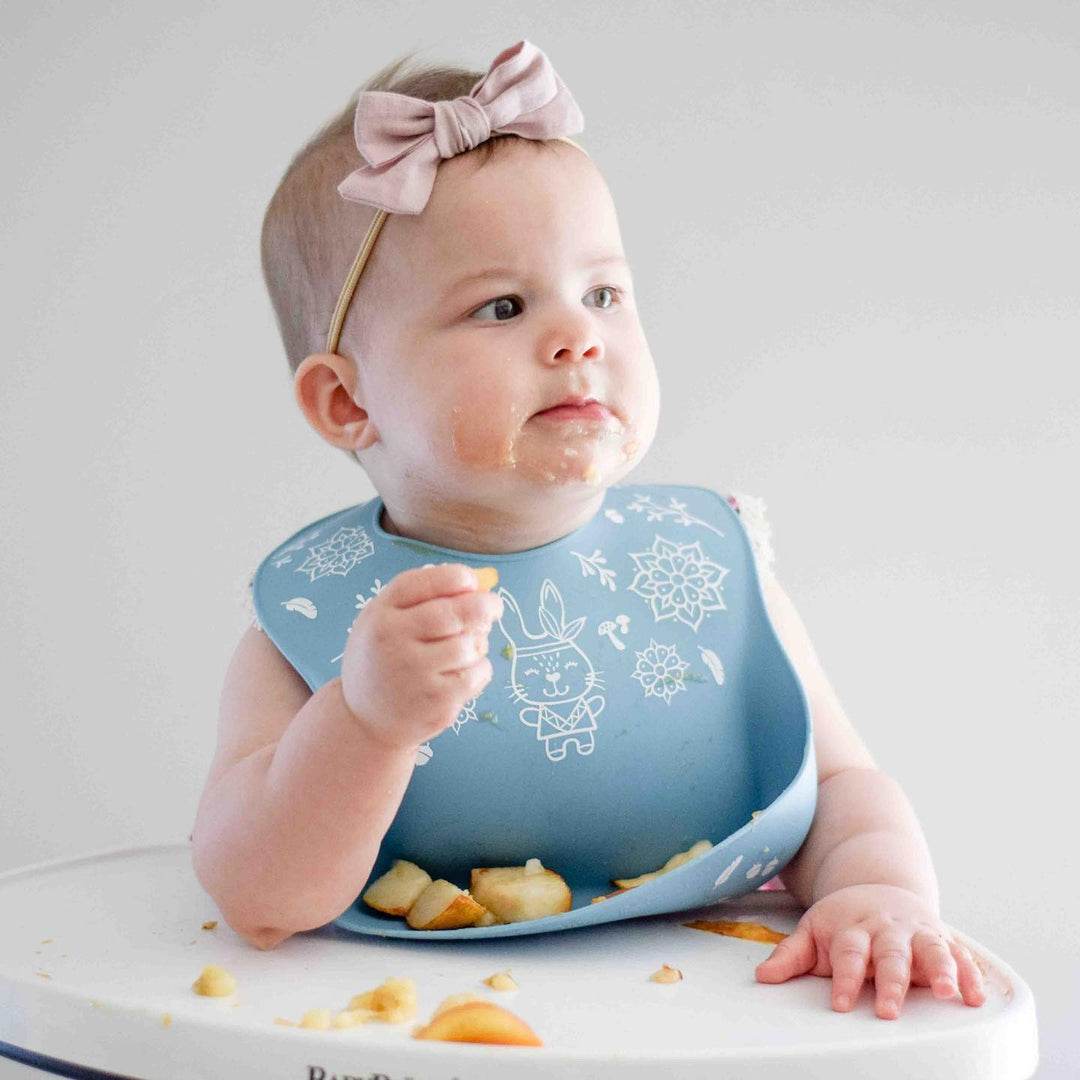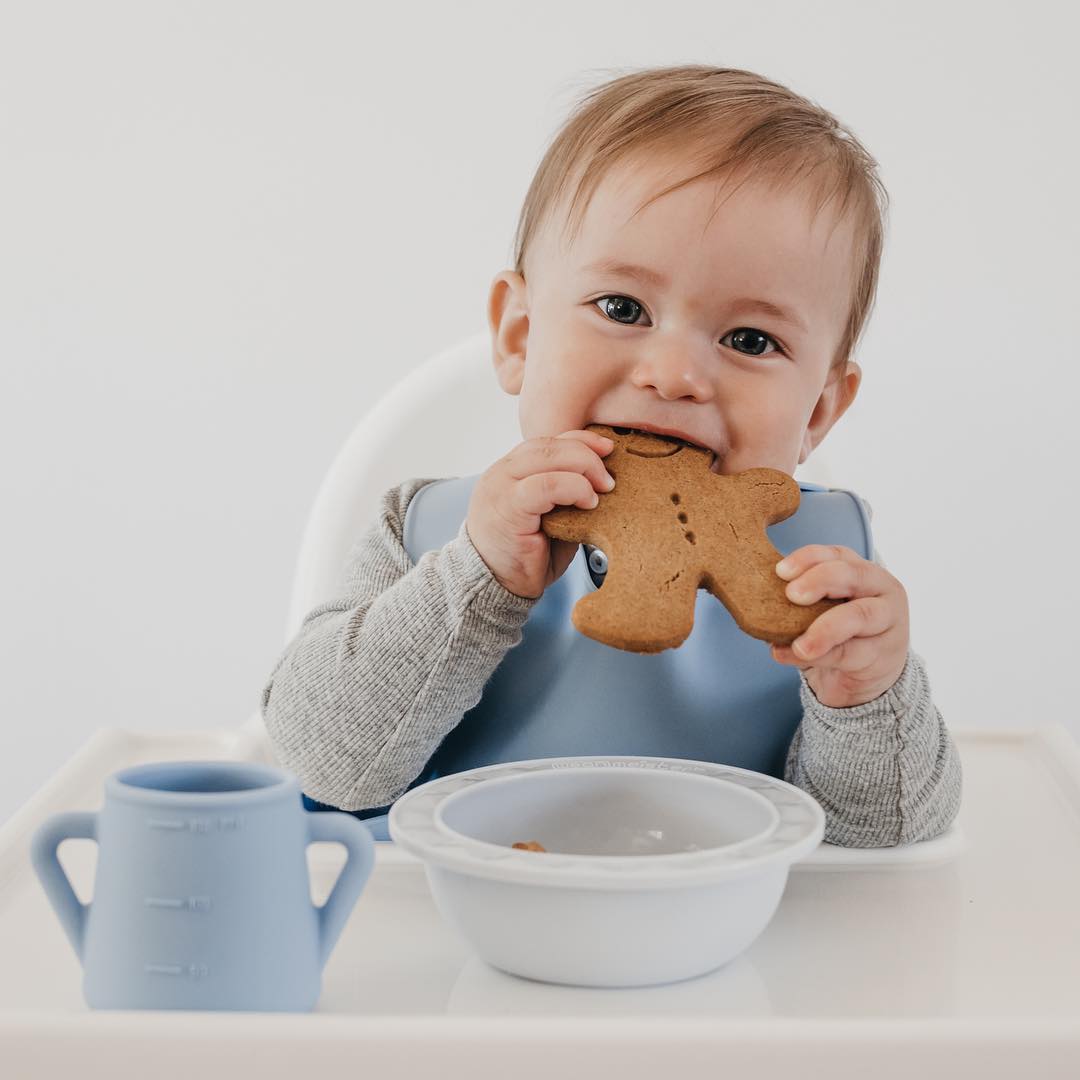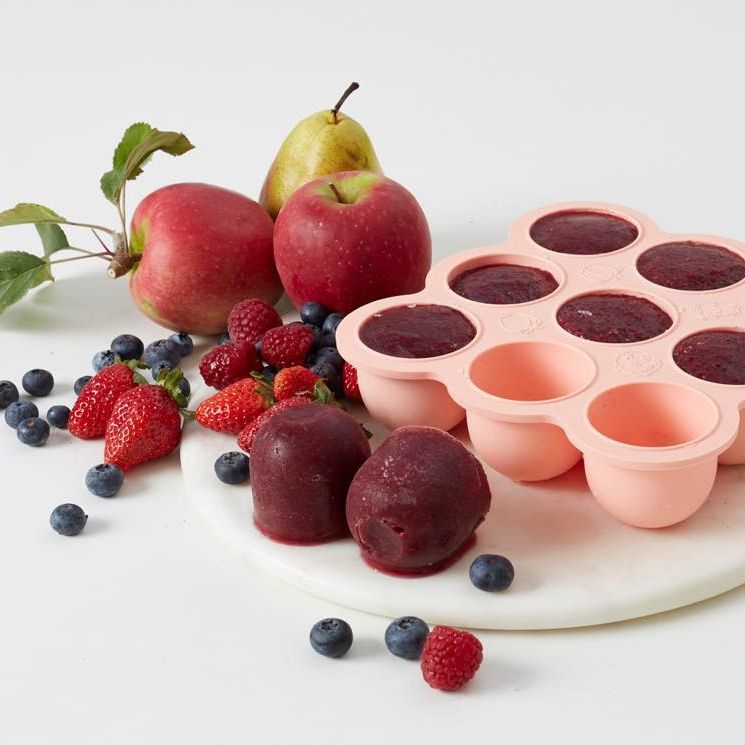Honey I Poisened the Kids
Official advice not to feed ‘molten gold’ to infants is ludicrous, writes Bee Wilson
(article published in www.guardian.co.uk)
‘Unsuitable for infants under 12 months.” Almost every jar of honey now comes with this stark warning, with no explanation as to why. Likewise, the Food Standards Agency strongly advises against giving honey in any form to under-ones.

Honey has become a scary food for modern parents. I know of one father who suffered a panic attack after mistakenly giving his 11-month-old daughter a fruit smoothie containing a tiny dab of honey. Yet the risks are not as obvious as the labels suggest. And the history behind the warning is both ambiguous and full of irony.
It was only in 1978 that honey became a forbidden food for infants. Two years earlier, a very rare syndrome called infant botulism had been diagnosed for the first time, after some sick babies in California were found to have traces of botulism spores in their stools. Then, in 1978, an epidemiological study was done by the California Department of Health Services, which tested more than 550 samples of food, drugs and miscellaneous environmental substances for botulism. They found botulism organisms in five samples of soil, one of dust from a vacuum cleaner and nine of honey. Immediately, honey became an official danger for infants, because it was the only variable in infant botulism that could be controlled. You can’t put a label on soil saying “do not eat”; but with honey, you can.
This universal warning, however, makes the risks for infants in eating honey seem much greater than they are. The very word “botulism” is terrifying, summoning to mind either bio-terrorism or that classic 1930s detective novel, Malice Aforethought, where murder is committed by smearing botulism on some meat paste sandwiches. But that is adult botulism, not infant botulism. Although they are caused by the same Clostridium botulinum spores, the two illnesses have widely differing effects.
Food-borne adult botulism occurs when preformed toxins enter the system in food. Hours after the contaminated food is eaten, the patient will have difficulty with walking and swallowing. Their muscles may become paralysed. In up to two-thirds of cases, patients will die. Infant botulism, while still nasty, is much less extreme. The baby consumes botulism spores which in themselves are not harmful, only becoming toxic in immature intestines. (If an older child ate the same spores, they would be fine). As many as 30 days after ingesting the botulism, he or she will become constipated and listless, unable to suck as strongly or to cry as loudly as usual – all the symptoms of “floppy infant syndrome”. If taken to hospital in good time, the odds are strongly in favour of them recovering. The mortality rate is about 1.3%.
Obviously, when you are an anxious parent, the mere phrase “mortality rate” is frightening, but the current advice on babies and honey does seem over-cautious. For one thing, botulism almost exclusively affects those under six months, who, on current advice, shouldn’t be consuming anything other than milk. Epidemiological evidence suggests that both honey and soil from California have higher incidence of botulinum spores than elsewhere; and even in California only 10-13% of honey samples do contain botulinum spores. In the UK, there have only ever been six cases of infant botulism, none of which implicated British honey. In the most recent case, in 2001, contaminated formula milk was to blame. You can see why beekeepers might feel a bit disgruntled.
In other words, there is something slightly crazy about the blanket warning against honey as a baby food in a world which sees little wrong in feeding babies rusks thick with vegetable oil and yoghurts laced with sugar. There is also an irony in our current view that honey is unsuitable for infants, given that for most of human history, honey was seen as the most suitable food for newborns, after milk. As it says in Isaiah 7, “Behold, a virgin shall conceive, and shall bear a son, and shall call his name Immanuel. Butter and honey shall he eat, that he may know to refuse the evil, and choose the good.”
In countless cultures, from ancient Egypt to modern Burma, babies have been given a little taste of this “molten gold” after they are born, not just for energy but to offer spiritual protection. In ancient Friesland in Germany it was believed that smearing honey on a child’s lips was what made it fully alive. Less superstitiously, in the 1930s a number of doctors in Finland and the US published studies demonstrating the benefits of honey to under-ones, since it was more easily digested than refined sugar. During the US Depression, honey was used by public health officials to bring undernourished infants in New Jersey back from the grave – half a teaspoon at first, then a little more and a little more, until their emaciated bodies recovered strength.
To our ancestors, it would have been unimaginable that honey for infants should change from being the kiss of life to the kiss of death.
· Bee Wilson is author of The Hive: the story of the honeybee and us (John Murray).





